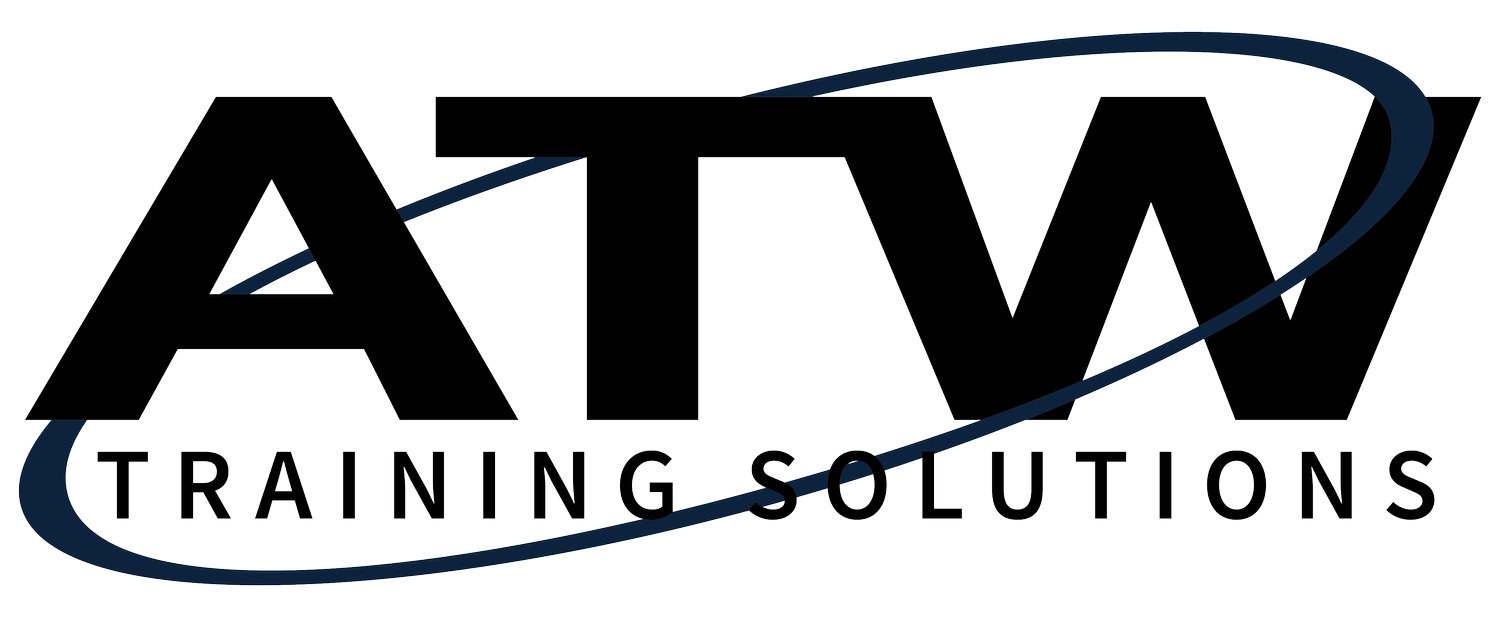Leading Accountability: Your Role as a Leader
As leaders, we'd like everyone to simply choose to be accountable. However, we know this doesn't always happen, and that leaders are responsible to hold employees accountable. Leaders set the tone for accountability by establishing clear expectations and by consistently dealing with any gaps between what is expected and what actually happens. To be accountable, employees need expectations that are clear, reasonable, and credible. They need to know what they're supposed to do, how and when to do it, and why it is important. Giving them this context helps them to prioritize and schedule the work that needs to be completed. Employees need to be able to measure their progress to know if they are meeting expectations or getting off track. Help them identify those measures and have them schedule time with you for regular check-ins. Employees must understand how their performance will be evaluated and must know the consequences that follow good and poor performance.
Do they have regular opportunities for evaluation, not just at formal times of performance management for the organization, but evaluation in the form of the feedback they need to be successful? Consequences. For example, do they understand that good performance will keep the project moving forward and handoffs to others streamlined? Does it create visibility for the work well done and lead to new opportunities within the organization? Does poor performance delay a project and keep others in the organization from completing their steps in a timely manner? Does it shine negatively on the employee and hold them back? Employees need the information, tools, and resources to enable them to perform. Don't make assumptions. Ask your employees to assess their situation in relation to the task at hand. What are they confident of? What do they need? And finally, employees must see managers being fair and consistent and holding people accountable.
Help your employees be successful. Have the conversations that keep them moving forward, as well as the conversations that adjust their approach. So where does accountability start? With you, the leader. Hold yourself accountable. Effectively leading your team in the way that we've described holds others accountable to perform successfully. If you don't hold yourself accountable, you can't establish a strong culture of accountability for others. Remember, people do what people see.
